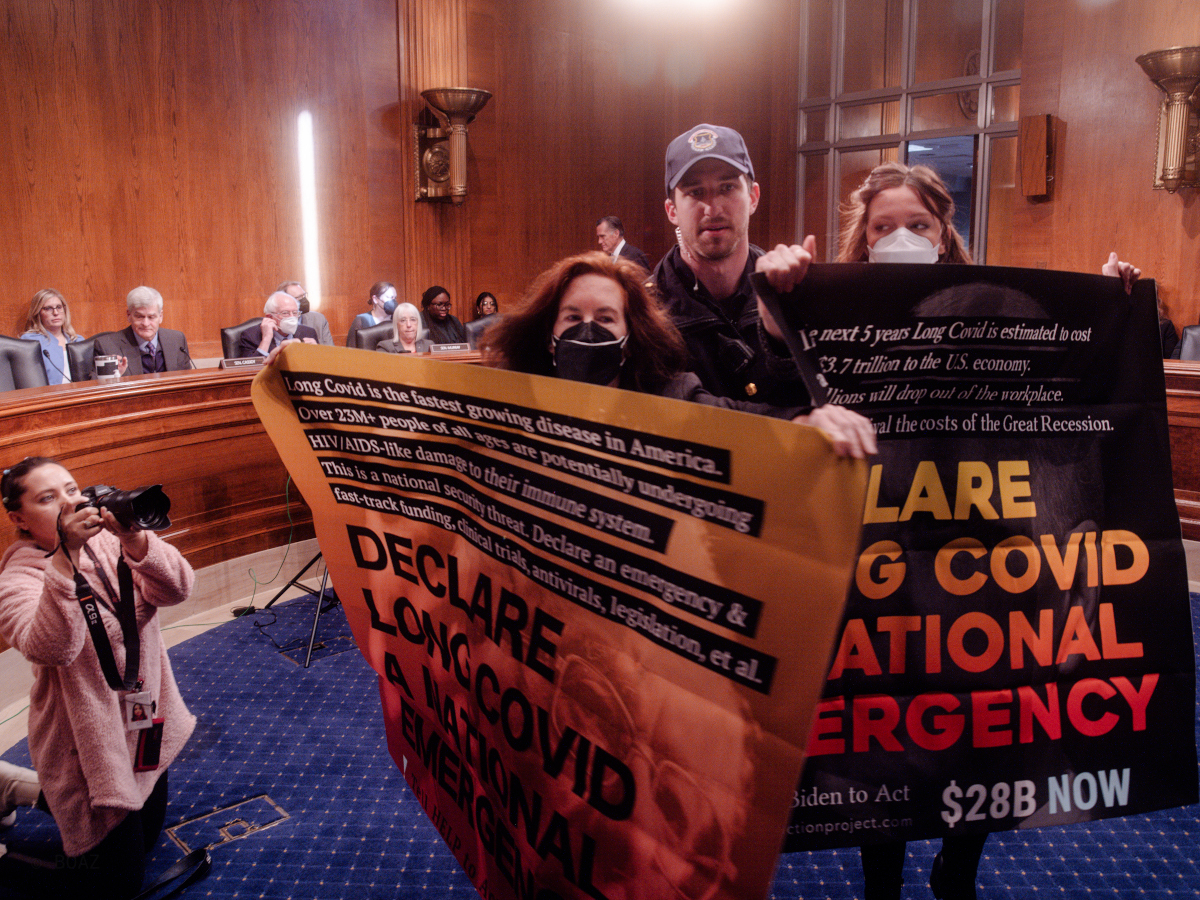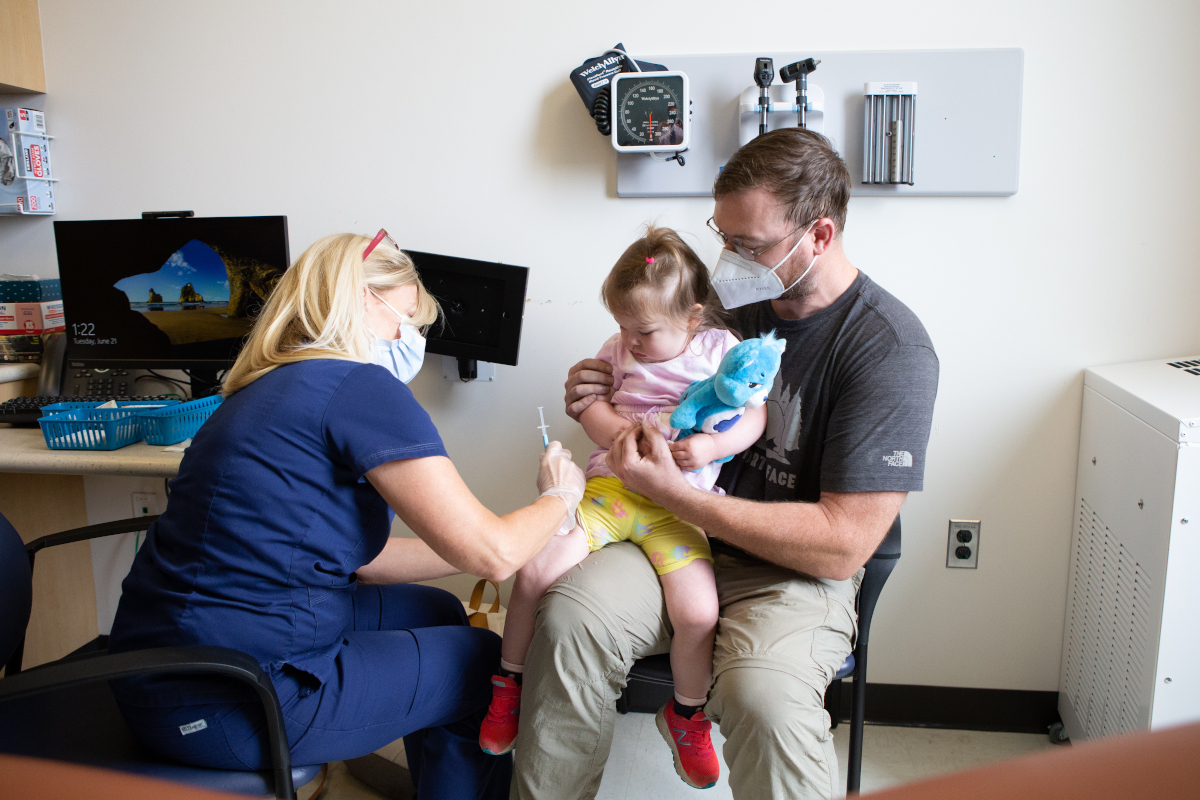Abby Koppes got COVID-19 in March 2020, just as the world was waking up to the unprecedented scale on which the virus was spreading. Her symptoms weren’t bad at first. She spent the early lockdown period in Boston, Massachusetts, preparing her tenure application.
During that summer of frenzied writing, Koppes’s symptoms worsened. She often awoke in the night with her heart racing. She was constantly gripped by fatigue, but she brushed off the symptoms as due to work stress. “You gaslight yourself a little bit, I guess,” she says.
Soon after Koppes submitted her tenure application in July, she began experiencing migraines for the first time, which left her bedridden. Her face felt as if it was on fire, a condition called trigeminal neuralgia that’s also known as suicide disease because of the debilitating pain it causes. Specialists took months to diagnose her with a series of grim-sounding disorders: Sjögren’s syndrome, small-fibre polyneuropathy and postural orthostatic tachycardia syndrome. To make time for the litany of doctors’ appointments, Koppes took a six-month “self-care sabbatical.”
Comments closed

